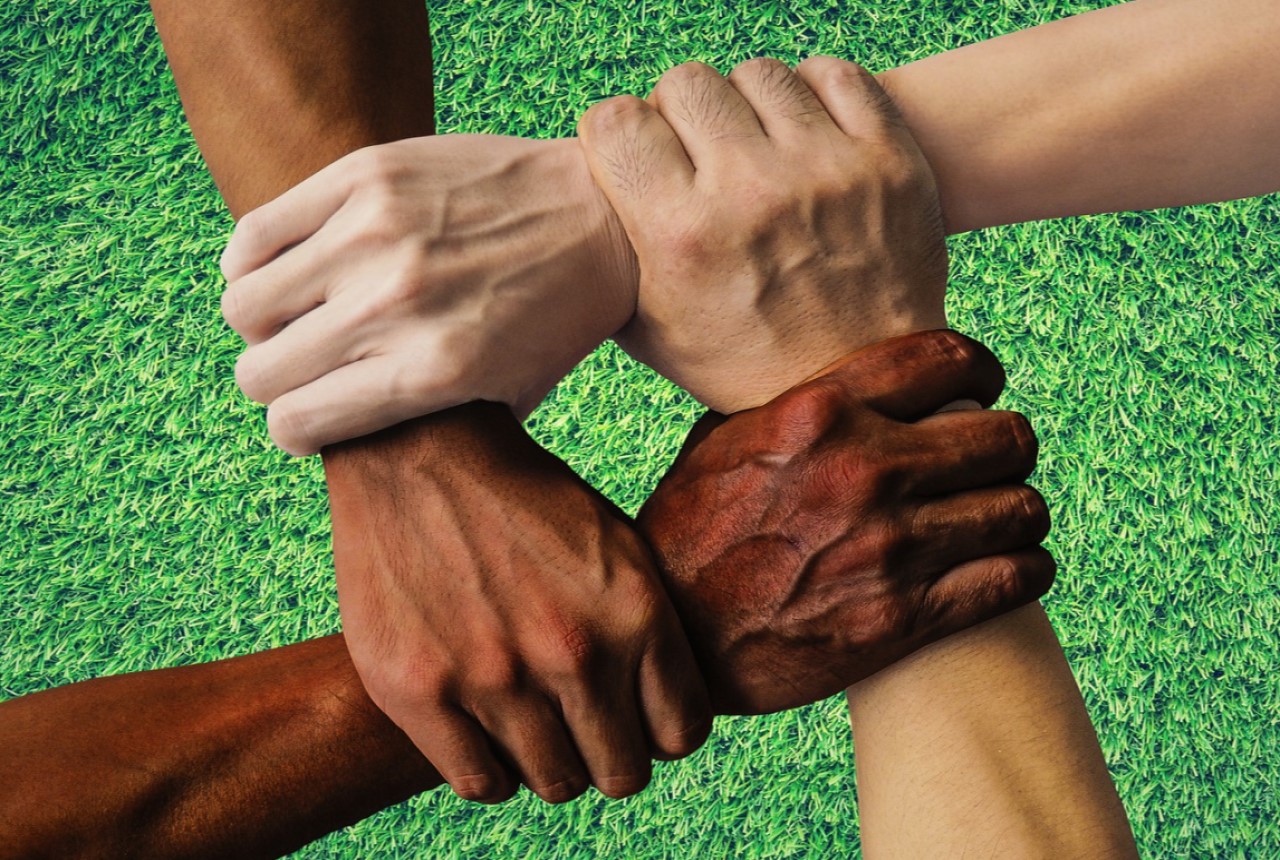
While researching for a Fred Korematsu program and blog on Fred Korematsu Day, January 30, I utilized several of the Library's History, Biography, and Genealogy Databases, in addition to working with stellar librarians Edith Sutherland and Shirley Tanase.
Edith, a history buff, recounts the following:
- Since the 1800's, Asian immigrants to the United States have faced "prejudice, economic hardship, and social indignity."
- Asians have been "victims of riots and attacks."
- Various laws like the 1882 Chinese-Exclusion Act and the 1924 Asian Exclusion Act specifically barred Asians in being allowed to immigrate, to become citizens, and or to own land.
- Dr. Seuss' anti-Japanese American political cartoons.
How do you find this wealth of information, if you are interested in a particular topic, in this case a historical topic?
What is the process in finding historical research materials?
Developing a Basic Understanding of Your Topic
When researching a topic, the best place to start is to develop a basic understanding of the topic. Start off with a general reference database like Britannica School or Explora. These databases are paid by the Library and will provide encyclopedia-level information.
Another great place to try is the official website for the person or topic. For instance, you can find a website built by the Fred Korematsu Institute that includes biographical information, news, and important advocacy work.
If you are interested about May's Asian American and Pacific Islander Month, the Library of Congress has developed its own Asian Pacific American Heritage Month website dedicated to information about exhibits and collections, providing teachers access, and providing audio, video, and images for general use.
Once you attain a basic understanding of your topic, dive deeper!
Understanding the Person's History: Biography in Context
Part of research is evaluating your sources. You may be sure that any of our Library's databases are carefully cultivated to reflect accurate information. The Library pays for each database.
Information on Biography in Context is presented in a multimedia format.
At the start of the page, you will find a short snapshot of Fred Korematsu, in my example. There is a photo and a brief overview.
Below the brief overview is a listing of what is on the page:
- Featured content
- Biographies
- Images
- Audio
- Magazines
- News
- Related Topics
Listings may also include videos, reference, Academic Journals, Websites, and Primary sources.
As I studied Fred, I was also assigned the task of researching the historical events that caused racism towards Asian Americans.
Other History Databases
Since the Biography in Context and US History in Context databases are both provided by Gale, they have similar formats.
What if you still need more information from one of the Library's online resources? Here are some other annotated resources for you to try:
- Archive Unbound: Topically-focused digital collections
- Library of Congress Digital Collections: Like Archive Unbound, information is collected by subjects.
- Articles-In Depth Search: Includes articles from newspapers, magazines, journals, books, and other primary sources.
- California Room-Local History Collection: California history with an emphasis on San Jose and the greater Santa Clara Valley.
- Digital Public Library of America: Designed to maximize public access.
- Opposing Viewpoints in Context: What is the viewpoint of the other side?
- Global Issues in Context: Global perspectives on various subjects.
- Worldmark Encyclopedia of Cultures and Daily Life: Information on different cultures and everyday life presented in an encyclopedia format.
Let me know if you have any questions in the comments below!


Add a comment to: Researching Fred Korematsu Day